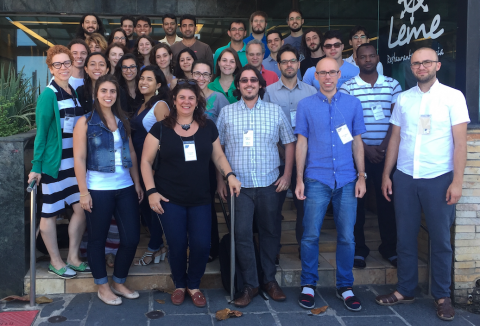Introduction
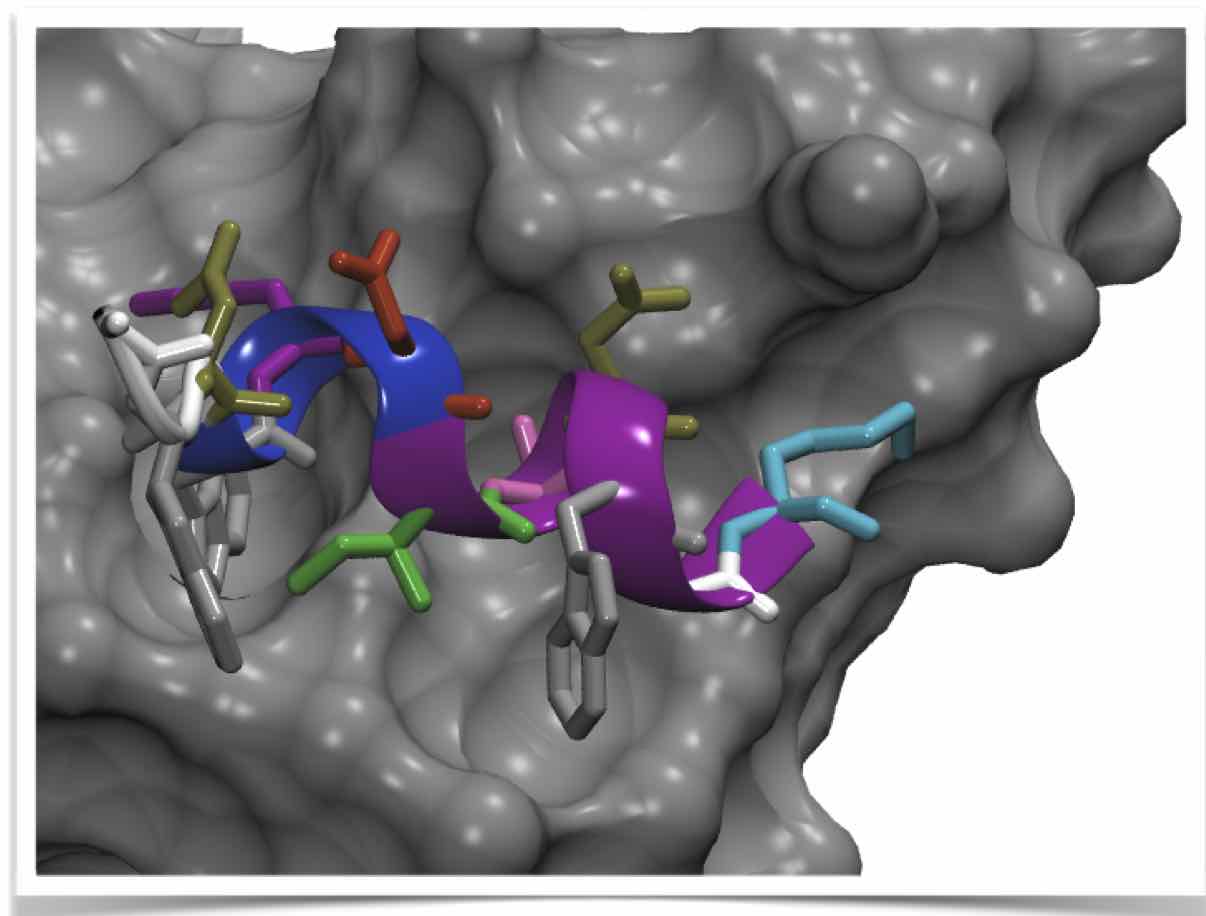
II ASBioSim – Advanced School on Biomolecular Simulation: Rosetta from fundamental principles to tutorials
04 to 10/September, 2016, Recife/PE, Brazil Jangadeiro Hotel (www.jangadeirohotel.com.br )
Introduction
Structural-guided modeling is a central tool in understanding the fundamental properties of proteins and in engineering of new ones. Rosetta macromolecular modeling package provides a unified framework for structure prediction and design of proteins. This school will give an introduction to how Rosetta can be used to address questions in both prediction and design. It will combines morning lectures introducing the theoretical background for the simulation methods used in Rosetta with afternoon sessions where the participants will get practical experience of using the program.
The following sessions are planned for the five days of the workshop:
1) Introduction to Rosetta.
2) Fundamentals of Rosetta and structure prediction.
3) Writing your own Rosetta protocol.
4) Introduction to design with Rosetta.
5) Design of function.
The goal is to give the participants the ability to independently use Rosetta to explore problems in structural biology.
All participants are expected to be students and post-docs with previous experience in molecular simulations and they are instructed to bring his/her own laptop with linux operational system, required for use in the practical sessions. The list of open-source software to be used during the tutorials will be informed upon selection of participants.
All participants will present their work in a 5min oral presentation, in English. The idea of this oral presentation is to integrate the school participants and raise issues for discussions and collaborations. Therefore, this presentation should have the main question of the research project and the strategy used to answer it.
The Advanced School in BioMolecular Simulations is promoted by the BioMol project, a cooperative effort between researchers at the Federal University of Pernambuco (UFPE) and the University of São Paulo (USP). One of the main goals of the BioMol project is to promote the education and technical training of biologists, chemists, computer scientist, mathematicians and physicists for research in the field of bioinformatics.
Organizing Committee:
Prof. Kaline Coutinho (kaline@if.usp.br), University of São Paulo/SP.
Prof. Roberto Dias Lins (roberto.lins@cpqam.fiocruz.br), Centro de Pesquisas Aggeu Magalhães, FIOCRUZ/PE
Dr. Cíntia C. Vequi-Suplicy (cintia@if.usp.br), University of São Paulo/SP.
Information: biomol@usp.br
Sponsorship:
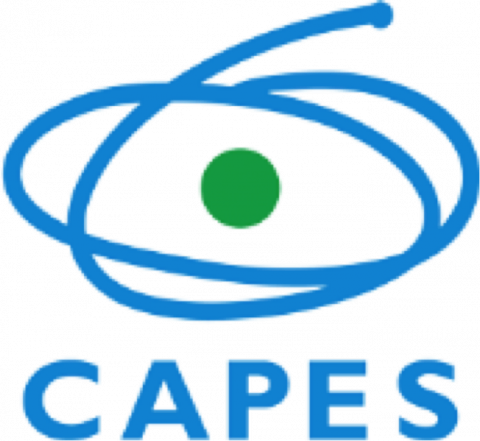

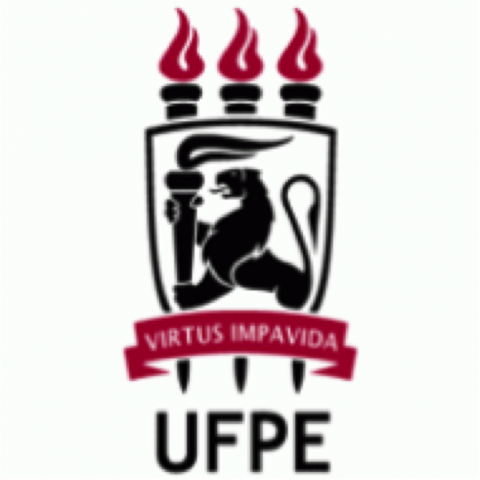
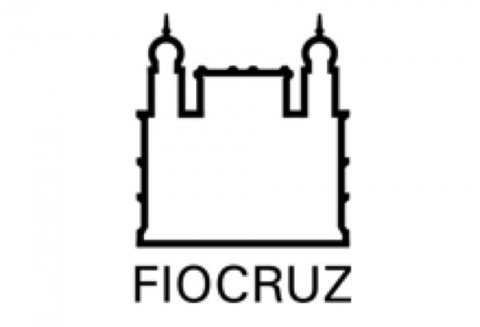
Group Photo:
